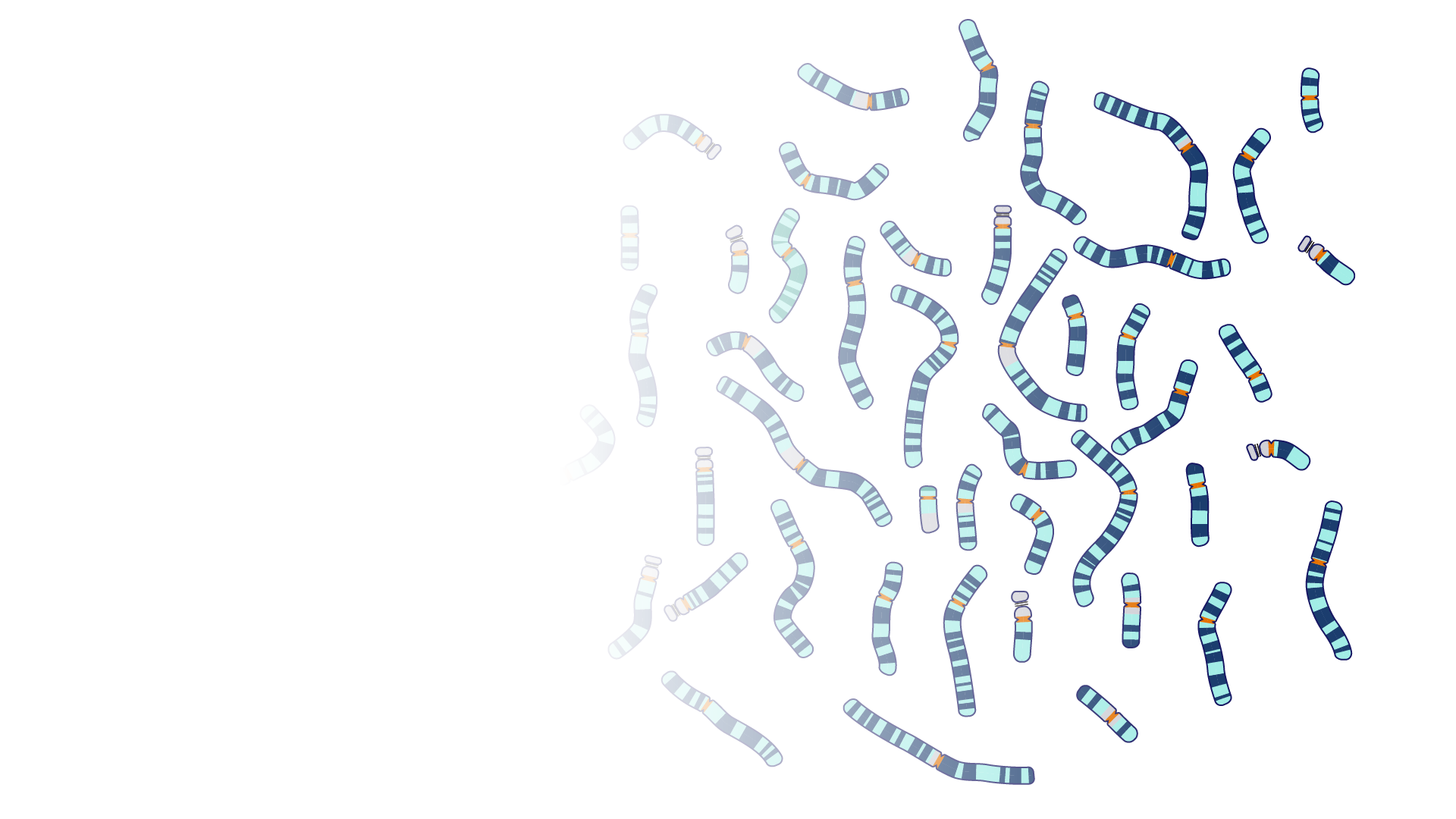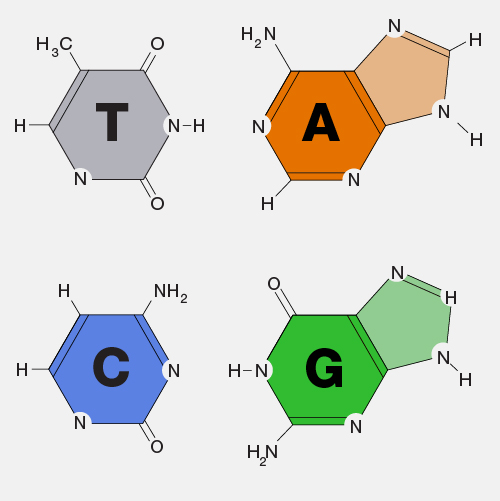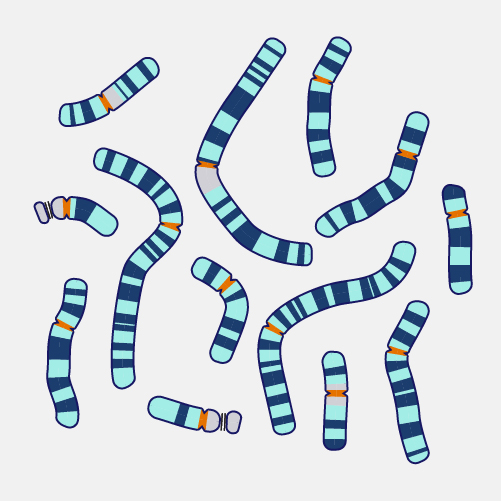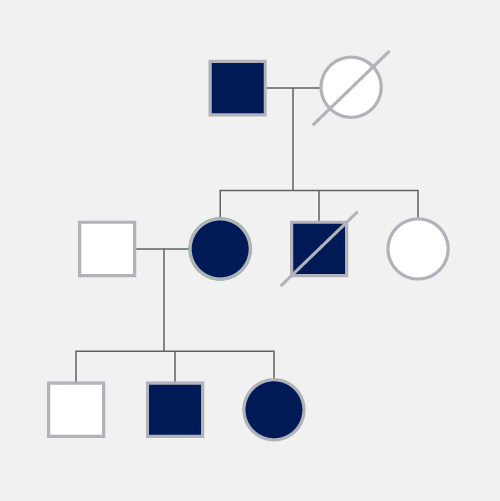
Personalized Medicine
Definition
Personalized medicine is an emerging practice of medicine that uses an individual's genetic profile to guide decisions made in regard to the prevention, diagnosis, and treatment of disease. Knowledge of a patient's genetic profile can help doctors select the proper medication or therapy and administer it using the proper dose or regimen. Personalized medicine is being advanced through data from the Human Genome Project.
Narration
Personalized medicine is a fantastic opportunity to take a "one size fits all" approach to diagnostics and drug therapy and prevention and turn it into an individualized approach. We all are similar, of course, but we are also different. And the idea that medicine would be applied in a fashion that ignores those differences can't be any more correct than going to the shoe store and buying any old pair of shoes without checking the size. Genomics is playing a big role in the emergence of personalized medicine, 'cause it gives us a window in a very specific molecular way into those differences between us and allows the opportunity for making individual predictions about disease risk that can help somebody choose a prevention plan that is right for them. It also allows the possibility in some instances of picking the right drug at the right dose for the right person instead of the "one size fits all" approach to drug therapy. And ultimately it will be hard to see how any kind of medicine will not be affected by this as we learn more and more about the individual, and as many of us find our complete genomes being sequenced and placed into our medical records to empower that kind of personalized approach. Lots of work to do here, but maybe the biggest revolution in medicine in a very long time.




